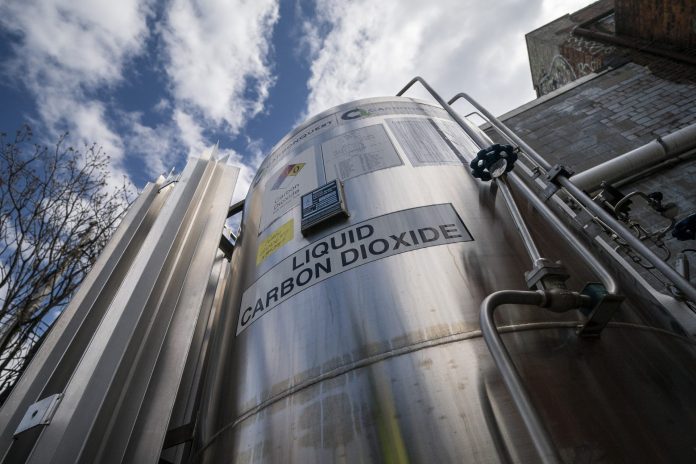
|
Only have a minute? Listen instead
Getting your Trinity Audio player ready...
|
When it comes to energy, you can always count on Texas’ innovative spirit and get-it-done attitude to lead the way. Our vast natural resources and ability to provide affordable, reliable energy has made Texas a global energy leader and an economic powerhouse. In the past decade alone, our state expanded its status as an energy hub by taking a technology-neutral approach that welcomes investments in all forms of low-carbon technologies, including safe, proven solutions like carbon capture and storage (CCS) that complement our existing natural gas resources. As one of the fastest growing states, we’ll need energy from every available source if we want to keep up with demand and continue to lower our carbon emissions.
Despite our willingness to bet on growing technologies like CCS technology, federal bureaucracy is holding back investments that could create new jobs and strengthen our energy sector in South Texas and across the state. Since establishing the Class VI program for carbon storage in 2010, the U.S. Environmental Protection Agency has only approved six permits. The Houston Chronicle has reported that as demand for carbon capture and storage has grown, accelerated by Congress’ investments through the Inflation Reduction Act, requests for permits have stretched the capacity for the EPA to issue decisions in a timely manner. It can take as long as five years for the EPA to issue a permit. Hundreds of applications, including many from Texas, are currently languishing, waiting for federal approval.
To circumvent this logjam, federal law allows states to apply to assume regulation themselves by demonstrating they have the resources and expertise to safely administer permitting, in a process known as “primacy.” At the end of last year, our neighbor Louisiana was granted primacy to permit Class VI carbon injection wells, meaning Louisiana can regulate its permitting process at the state level, avoiding long federal permitting wait times. With the primacy designation, projects in Louisiana are moving forward again, which will produce thousands of new jobs, improve the state’s environmental record, and bolster its energy stability. It’s time for Texas to join its neighbor.
Texas applied to the EPA for primacy in December 2022 and continues to await approval. As the country’s leading energy production state, Texas is the ideal place to advance carbon capture and storage. This technology complements our already-diverse energy mix, cements our energy security, and provides tangible environmental benefits for our oil and gas sector. Texas produces 42% of the United States’ crude oil and 27% of its natural gas. With our experienced workforce, existing infrastructure and concentration of industry, Texas is the ideal place to take advantage of CCS technology. CCS deployment in Texas could create thousands of jobs and generate nearly $60 billion in private investment.
The Texas Railroad Commission, which would assume carbon storage permitting under primacy, has regulated our state’s vast oil and gas industry for more than 100 years and has the in-house scientific expertise and understanding of Texas’ unique subsurface geology to evaluate and permit wells in under a year while still meeting rigorous federal health, safety and environmental standards.
CCS can be a vital tool for addressing climate change. In 2023, energy production in Texas hit an all-time high, with 1.93 billion barrels produced annually. Rising global demand indicates continued growth. CCS is essential to furthering production in a more sustainable way, reducing emissions levels and intensity. This is why industry leaders have embraced carbon capture, and why Texas is eager to roll out this technology at scale.
Addressing climate change must be guided by real solutions with both environmental and economic benefits. In this case, well-intentioned bureaucracy stands in the way of meaningful environmental and economic benefits. The American Conservation Coalition urges our federal leaders to open the door for primacy in Texas through the Texas Railroad Commission and allow innovation to pave the way toward a brighter, more sustainable future.
Zack Abnet of Austin is the Texas state director for the American Conservation Coalition, based in Appleton, Wis.




